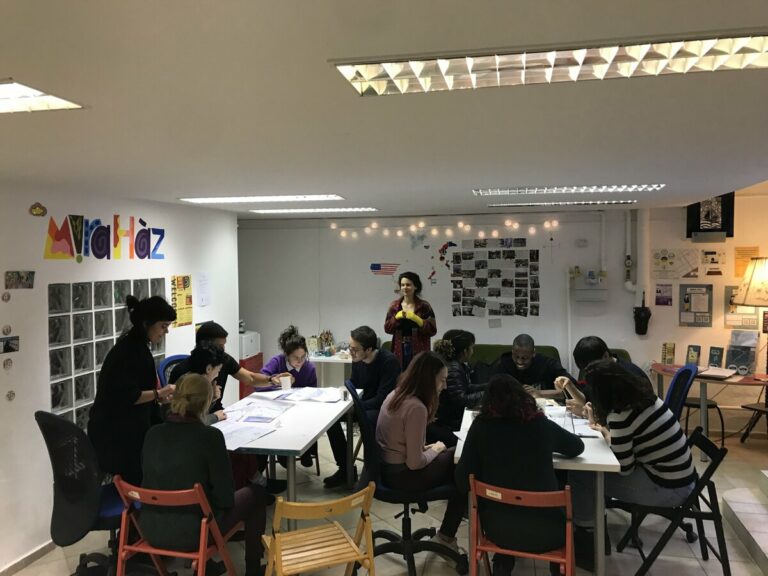language
Hungarians rank surprisingly high in English proficiency

Did the word “ogre” use to mean Hungarian?

Philippine bus driver arrives in Budapest after an intensive Hungarian language course

This is why Hungarian is the strangest language in Europe

Ukrainian school principal to abolish rights of Hungarians: Hungarian language to be eliminated

These are the most difficult Hungarian words for foreigners to pronounce

Unique free language learning opportunity for foreigners in Budapest

Did you know? There is a common Hungarian word that will make every Englishman and American blush

Is Hungarian Europe’s least romantic language?

PHOTOS: Millenia-old charter with the oldest Hungarian text has been relocated

What are the best summer camps abroad?
Good weather is here, there are only 1,5 months left from the school year and summer break is getting closer...
Do you want to start learning Hungarian? Here are some basic expressions

Degree requirements at leading Hungarian university to be abolished

A translation engine was created for 23 Finno-Ugric languages, including Hungarian

Could you pass a Hungarian language exam? Solve these tasks and find out!

Want to learn Hungarian? Here are the best apps!

5 reasons to learn Hungarian

Corvinus Uni: five new master programs, most of them will be one-year programs in English





 ZH
ZH IT
IT DE
DE HR
HR NL
NL FR
FR JA
JA RO
RO RU
RU ES
ES TR
TR
